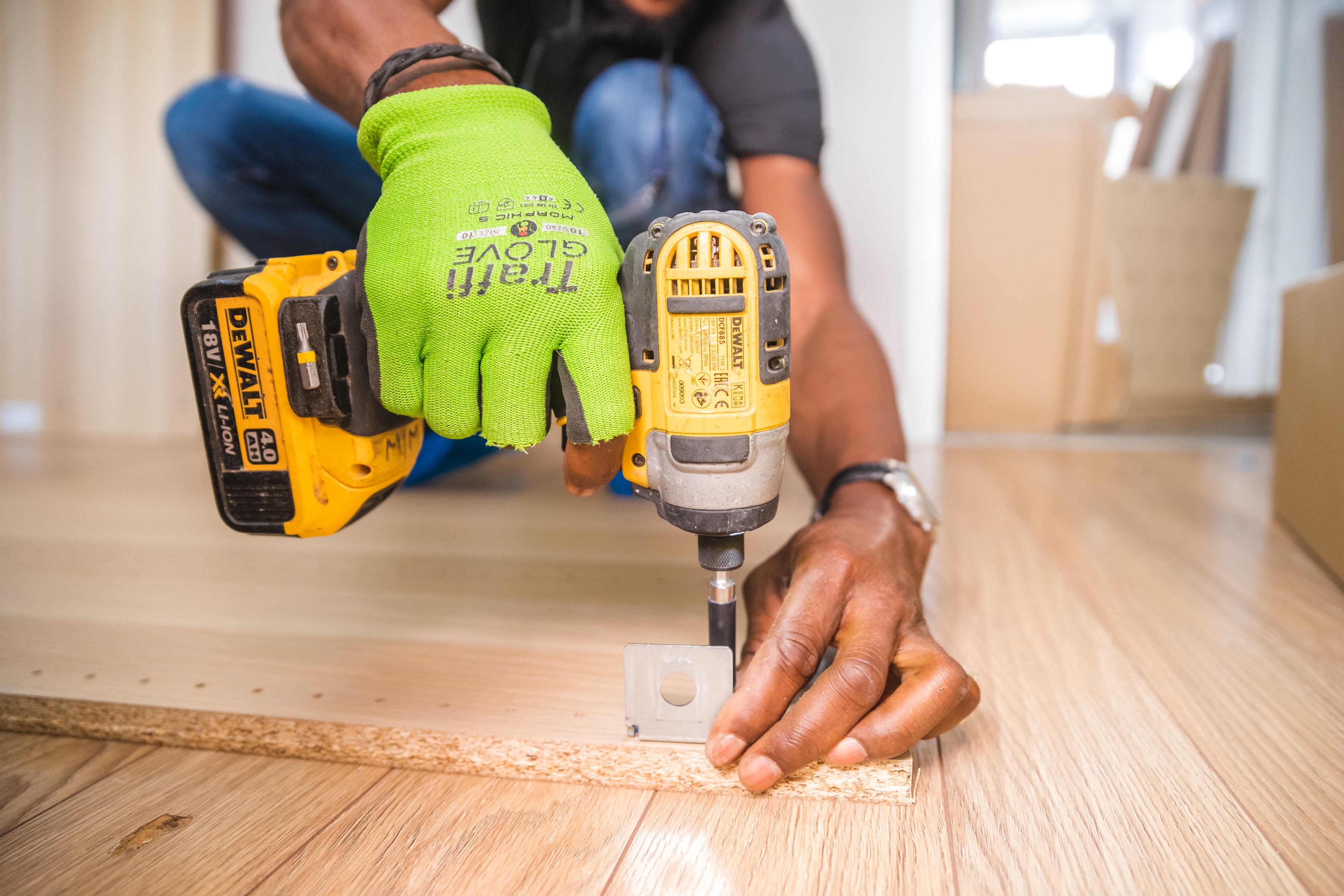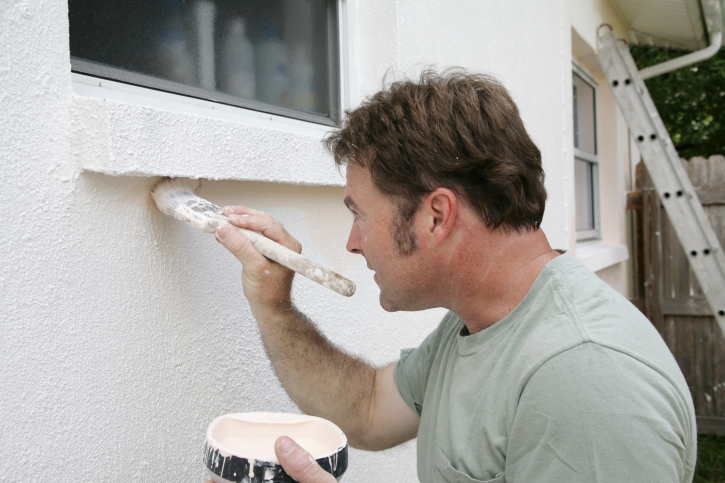 If you’re a homeowner, your backyard is probably a space where you look forward to spending private, quality time watching your children play or entertaining dinner guests.
If you’re a homeowner, your backyard is probably a space where you look forward to spending private, quality time watching your children play or entertaining dinner guests.
The privacy you and your family treasure could suddenly be put at risk if your neighbors finish renovations allowing them to see into your backyard, or if a tree that once hid your backyard from view needs to be removed.
If you’re looking to reclaim the privacy you’ve lost in your yard, here are some options you will want to consider.
Your Property Line Is A Natural Barrier That You Can Use To Reclaim Your Family’s Privacy
The first option you might consider if you’re looking to reclaim your yard’s privacy is probably building a fence – but depending on your budget, your relationship with your neighbors, and the look you want in your yard, a fence might not be the best option.
Consider planting a fast-growing hedge or other greenery along your property line instead. Italian cypress, for instance, will look great, grow very quickly, and will eventually give you all the privacy you need.
Break Up Your Nosey Neighbors’ Line Of Sight By Installing Raised Beds Or Berms
If you already have a green thumb and love nothing more than working on your backyard garden, you can have your cake and eat it too by replanting your current backyard plants in raised beds or berms.
Raised beds will add up to two or three feet of height to your plants without taking away the area or square footage in the rest of your backyard, making it an ideal option for homeowners will smaller backyard spaces. Installing raised beds or berms could also be a great solution for your garden if you have trouble planting due to the presence of clay or simply poor soil.
Lumber Isn’t Your Only Fencing Option
Though fencing seems like an obvious and possibly boring option to liven up your backyard and improve the aesthetic of your space at the same time, there are ways you can get creative with fencing that you might not have considered. Putting in latticework can alleviate the claustrophobic feeling that might come with enclosing your space fully with a solid fence, giving you some visibility through the lattice.
You can spice up the look of your enclosure by weaving plants through your lattice, or if you have the patience, get some ivy growing through your enclosure.
Maximizing the privacy of your outdoor space is easy if you’re creative and you enjoy working outdoors. If you love nothing more than pruning and shearing, then try to reclaim your space through planting rather than installing a fence or another permanent structure that you can’t change and therefore might regret later.
If you’re worried about how your backyard transformation could affect the value of your home, or if you’re looking for more privacy options, contact a real estate professional that you trust for the backyard design help you need.
 There are many people who set buying a home as one of their major life goals. There is a lot that comes with owning a home including a major investment opportunity, a sense of stability, and a feeling of pride; however, homes are also expensive. It can be challenging to find a home loan.
There are many people who set buying a home as one of their major life goals. There is a lot that comes with owning a home including a major investment opportunity, a sense of stability, and a feeling of pride; however, homes are also expensive. It can be challenging to find a home loan. Congratulations on moving into your new house! But hold on. Now that the house is yours, there are a few things you will want to do in order to make life in your new home more comfortable and secure. Before you plan your housewarming party, here is a list of the first things you should do after you move in.
Congratulations on moving into your new house! But hold on. Now that the house is yours, there are a few things you will want to do in order to make life in your new home more comfortable and secure. Before you plan your housewarming party, here is a list of the first things you should do after you move in. As a homeowner, there are numerous situations in which someone might need a home service professional. On the other hand, this can also create a sense of vulnerability because people might not know who to choose. In order to find the right home service professional, there are a few tips that people need to follow.
As a homeowner, there are numerous situations in which someone might need a home service professional. On the other hand, this can also create a sense of vulnerability because people might not know who to choose. In order to find the right home service professional, there are a few tips that people need to follow. Renovating a home is not only a way to increase the family’s standard of living but it can also be seen as an investment. There are multiple ways for someone to increase the value of their home and renovations are one of the most straightforward. At the same time, some investments offer a better return than others.
Renovating a home is not only a way to increase the family’s standard of living but it can also be seen as an investment. There are multiple ways for someone to increase the value of their home and renovations are one of the most straightforward. At the same time, some investments offer a better return than others.